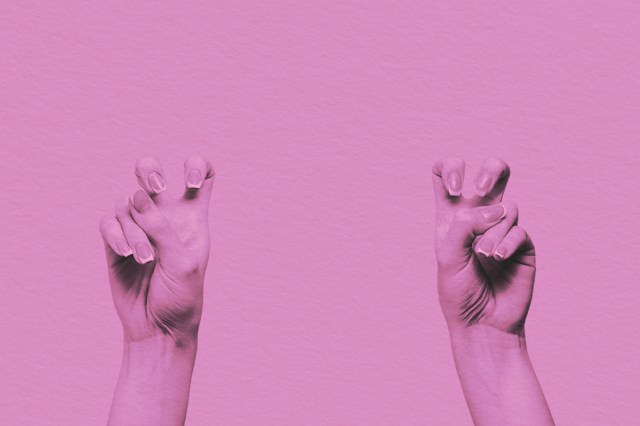
As Inigo Montoya once famously declared, “You keep using that word. I do not think it means what you think it means.” The truth is that it’s not “inconceivable” for even the most devout grammarians to mess up on occasion. Sometimes you may think you know what a word means, but its true definition is entirely different. One common example is the word “ironic.” This word is mistakenly thrown around all the time, but thankfully, it’s an easy lexical problem to fix.
Let’s begin by examining the meaning of the word “irony.” Merriam-Webster defines it as “the use of words to express something other than and especially the opposite of the literal meaning,” and notes that it’s also commonly used in a “humorous or sardonic literary style.” There are a few different types of irony — for instance, a fire station burning down is an example of situational irony. Dramatic irony is when the audience knows something that a character does not. Verbal irony involves using words in an opposing way to their true meaning; one example of this is suggesting that a blizzard is the perfect time to go for a dip in the pool.
But people mess up the use of the word “irony” — and thus “ironic” — far too often. One of the most common pitfalls is using the word to describe an unfortunate event, such as wearing the same outfit as someone to a social function. If you’re still not sure what this means, look no further than Alanis Morissette’s 1996 hit song “Ironic,” which is notorious for its grammatically incorrect lyrics. (To be clear: Rain on your wedding day might be considered a bad omen, but it’s not ironic.)
This quibble may be a bit pedantic, but we’re of the opinion that words matter. Stop and think about whether what you’re experiencing is the exact opposite of what was expected to happen. If it is, then that’s irony. If it’s just an event that happened by chance, use “coincidental” instead.















